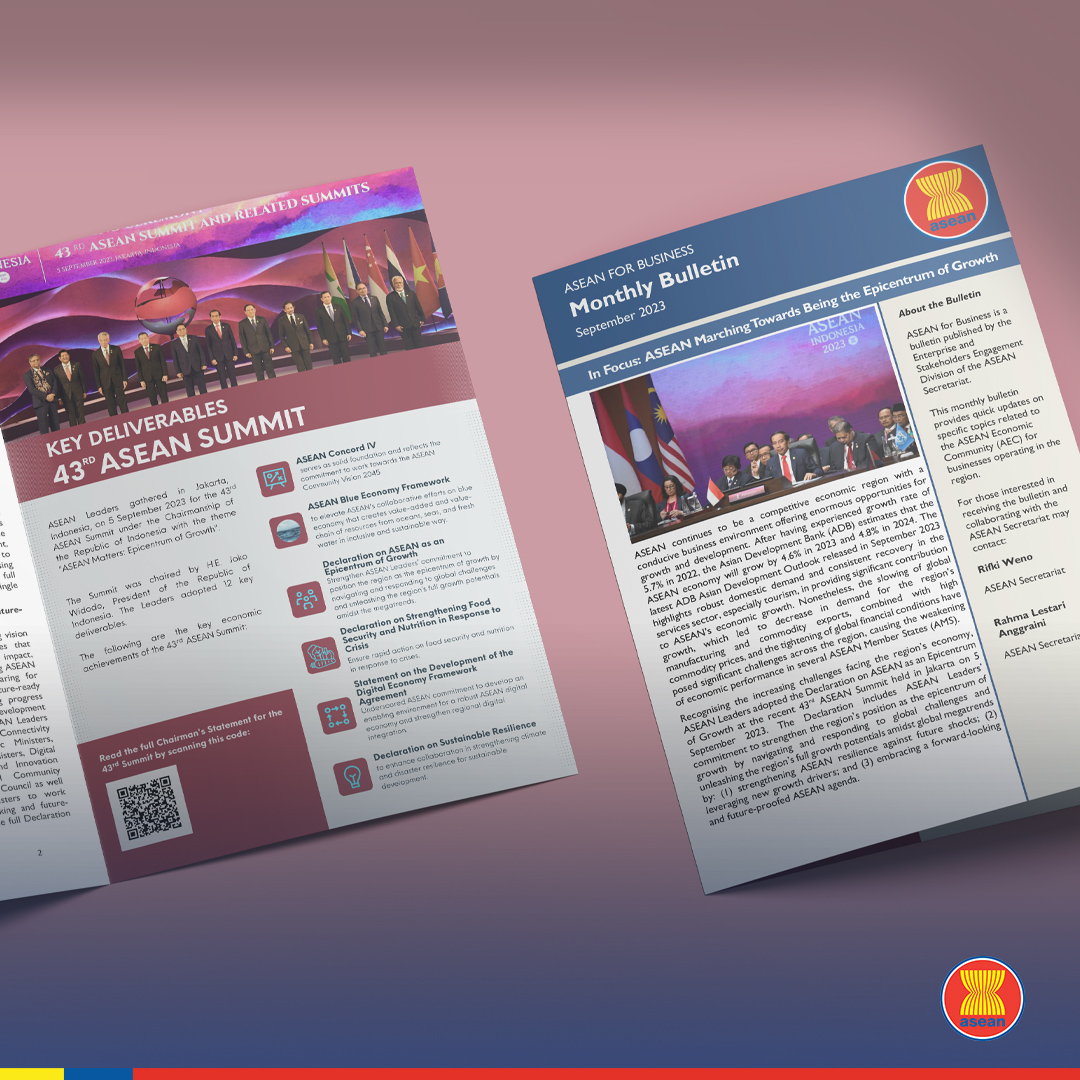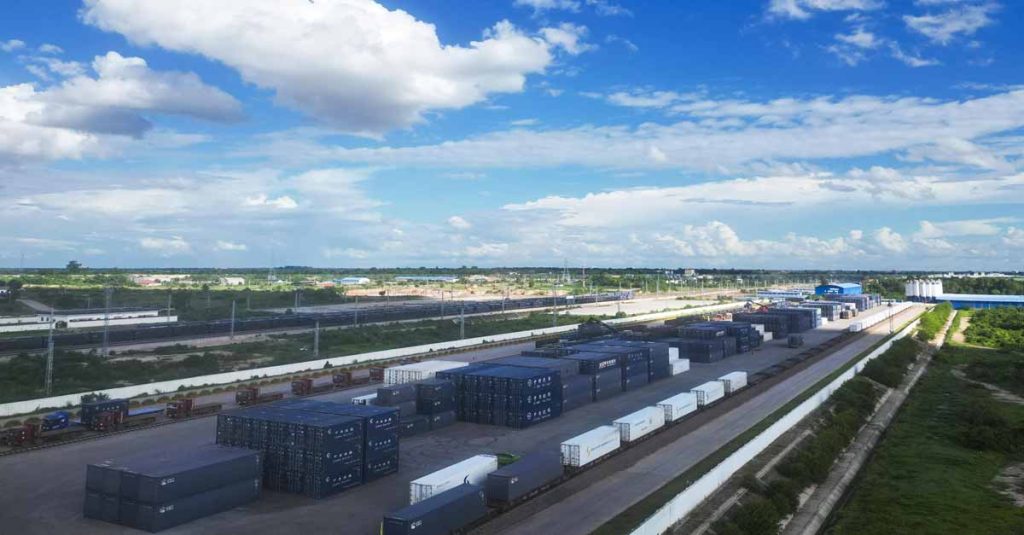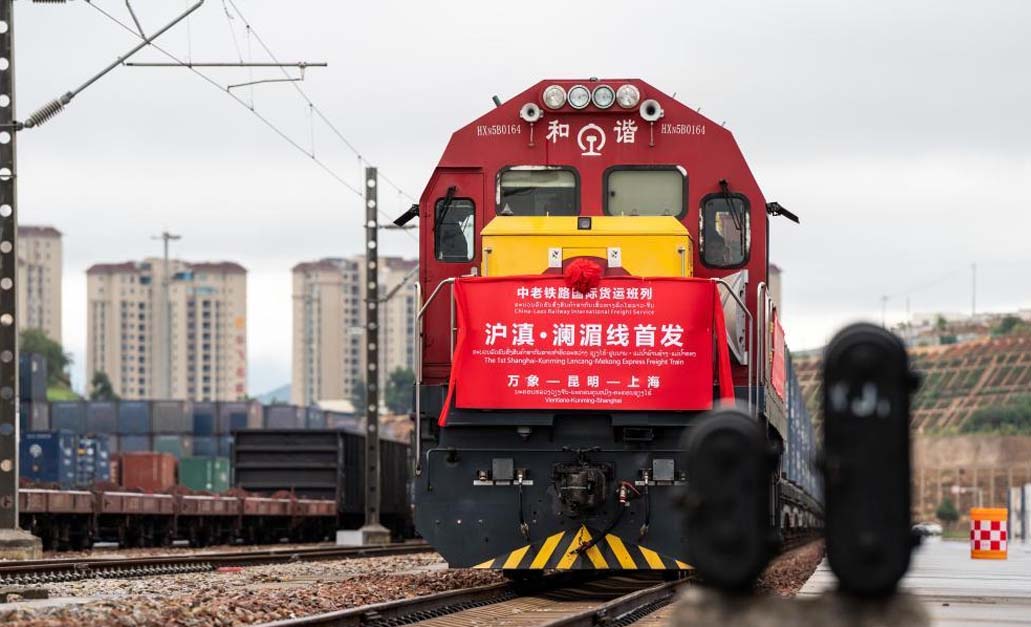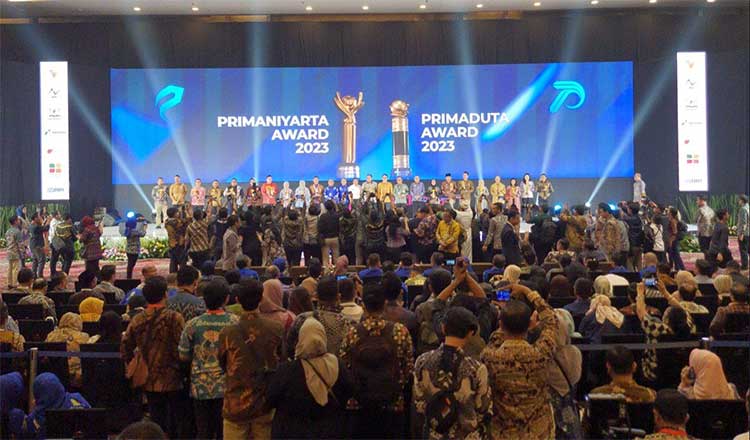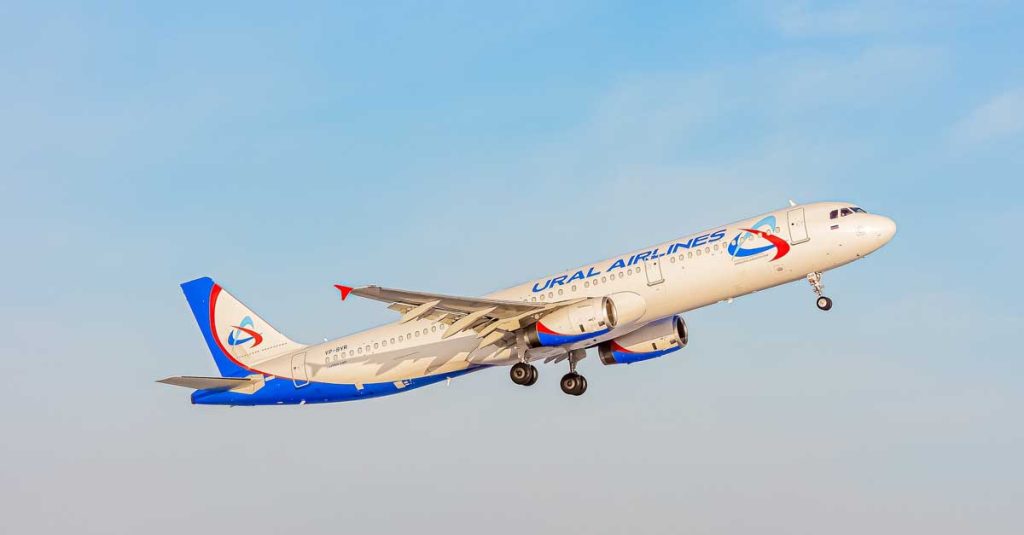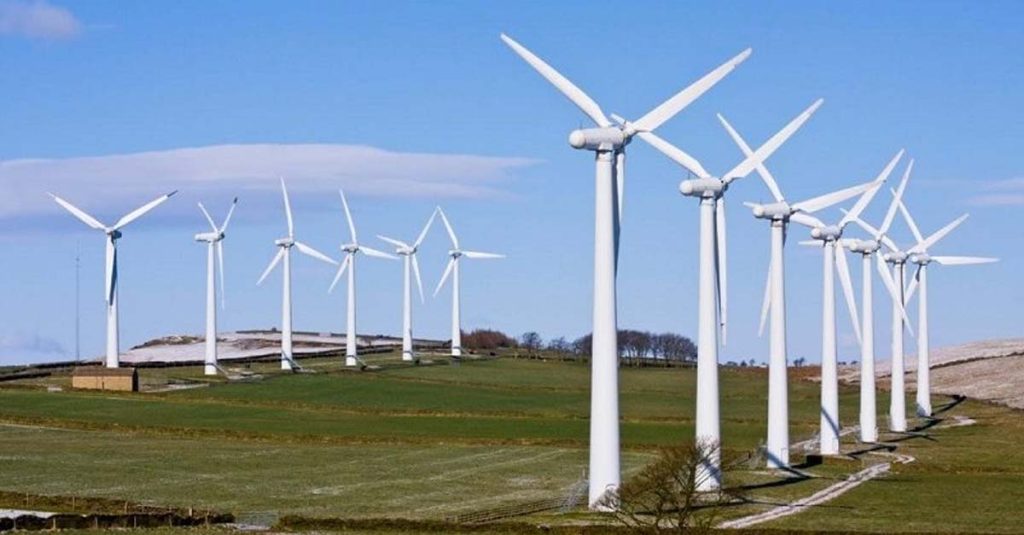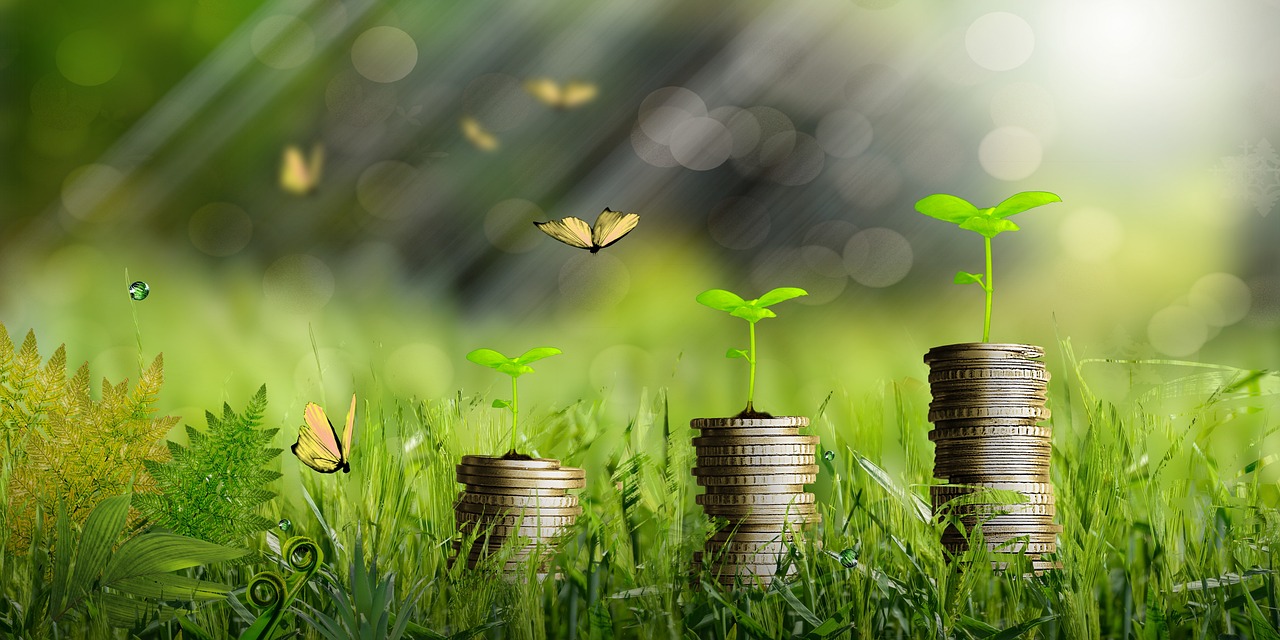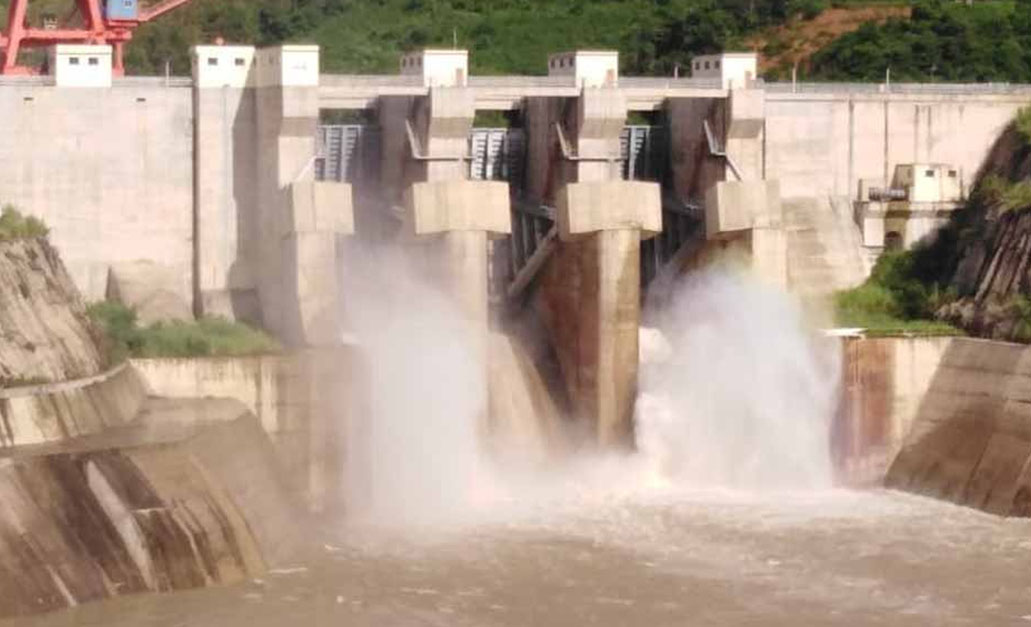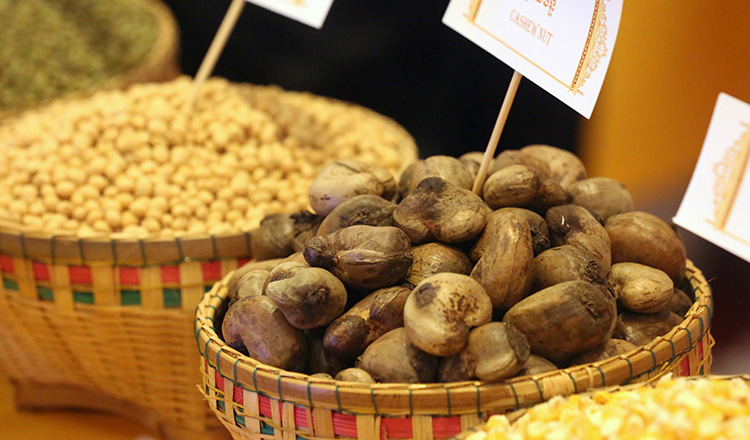The Lao-China Railway has surpassed expectations, transporting a total of 26.8 million tons of cargo as of 3 October, and carrying more than 2,700 types of goods since it began operating in December 2021.
China Railway Kunming Group Co., Ltd. reported that the Lao-China Railway has been in operation for 22 months, becoming a vital artery for trade and economic development in the region and a major international railway connecting China, Laos, and neighboring countries.
Since the beginning of its operations, the railway has transported over 5.5 million tons of import and export goods, including agricultural products, minerals, and manufactured goods, playing a key role in trade and economic development.
In 2023 alone, the railway transported over 3 million tons of goods, with over 345,000 tons imported from China to Laos and over 2.7 million tons exported from Laos to China.
Laos’s top exports to China include fruits, cassava flour, barley, rubber, beer, iron ore, concentrated iron ore, and chemical fertilizers.
The Laos-China Railway recently announced that it has carried over 3.1 million passengers since it opened in late 2021 until September this year, with an average daily ridership of 4,889 passengers and a peak ridership of 10,197 passengers.
In 2023, the Laos-China Railway saw a surge in passenger traffic, with over 1.75 million passengers traveling on the railway from January to September, a 103.7 percent increase from the same period in 2022.
The Laos-China Railway Company also purchased a new electric multiple-unit (EMU) train to meet the growing demand from both domestic and international tourists, especially in preparation for Laos’ Chairmanship of ASEAN and Visit Laos Year 2024.
By Chono Lapuekou
Source: Laotian Times
A freight train service linking Vientiane Capital, Laos, and Shanghai, China, was officially launched on 8 October.
This freight service which links the Laos-China Railway and the Shanghai-Kunming Railway, will be operated both ways.
The inaugural freight journey from Vientiane to Shanghai transported a variety of cargo, such as fruits and rubber from Southeast Asia. Following its journey from Vientiane Capital to Kunming, the train continued to Shanghai from Wangjiaying West Station in Kunming, the capital of Yunnan Province, China.
According to the State Council Information Office of the People’s Republic of China, the trip to Shanghai is expected to take 82 hours (3.4 days).
The Laos-China Railway project is part of China’s “Belt and Road” initiative, which aims to enhance regional integration, boost trade, and stimulate economic growth by connecting Asia with Africa and Europe through both land and maritime networks.
Since its commencement in December 2021, this railway line has facilitated the transportation of approximately 27 million tons of cargo to various destinations, including Laos, Thailand, Vietnam, and Myanmar.
By Jonathan Meadley
Source: Laotian Times
Primaduta and Primaniyarta Award winners with top government officials during a photocall at the venue of TEI 2023. Cambodian firm Kabbas Co Limited has won the ‘Primaduta Award’ from the Indonesian Government under the import category.
Cambodian firm Kabbas Co Limited has won the ‘Primaduta Award’ from the Indonesian Government under the import category. The awards were declared at the Trade Expo Indonesia launching ceremony. Kabbas Co Limited is one of the eight companies to win the award for importing Indonesian products.
Primaduta Awards are the highest award and appreciation from the part of the National Government of Indonesia, handed over to companies that promote sustainable imports of Indonesian products. Primaniyarta Award is the greatest reward given by the Indonesian Government to the most successful Indonesian exporters and to them who can be the role model for the other Indonesian exporters.
Kabbas Co Ltd is an importer of various Indonesian products in Cambodia and the imported product list includes Kopiko, Danisa and Malkist Roma from PT.Mayora. It also imports Good Day Coffee from PT.Santos Jaya Abadi.
The Trade Expo Indonesia is an annual trade exhibition organised by the Trade Ministry. This year, TEI was held hybrid at the ICE BSD City, Tangerang, on October 18-22, 2023, and online from October 18 to December 18, 2023, through the official website www.tradexpoindonesia.com.
For full article, please read here
Author: Sreekanth Ravindran
Source: Khmer Times
Cambodia’s National Solar Park supported by the Asian Development Bank (ADB) will enable the country’s state-run national power utility Electricite du Cambodge (EDC) to charge local power consumers with the lowest tariff in the Association of Southeast Asian Nations (ASEAN) region, said a release by the Ministry of Mines and Energy (MME).
MME’s release pointed out that the comparison of to-be-charged power utility tariff was made during a meeting held on Tuesday between MME’s Minister Keo Rattanak and Winfried F. Wicklein, ADB’s Director General for Southeast Asia, which was also attended by other senior officials of the government and ADB including Dith Tina, Minister of Agriculture, Forestry and Fisheries (MAFF), Hang Chuon Naron, Minister of Education, Youth and Sport (MoEYS), Thor Chetha, Minister of Water Resources and Meteorology (MOWRM) and ADB Country Director for Cambodia Jyotsana Varma.
“The solar power project is the most cost-efficient in the region and a good model for other countries,” said Wicklein. The top-level working lunch was also attended by senior officials from other government ministries-institutions such as the Ministry of Economy and Finance (MEF) and the Ministry of Environment (MoE) at Rosewood Hotel Phnom Penh.
The National Solar Park project that has been completed in phase 1 was estimated at $26.71 million including $7.64 million financed by ADB as loans, $11 million co-financed under the Strategic Climate Fund (SCF), $5.07 million financed by the government itself and $3 million by grant financing.
Phase I of the tender, for the first 60 MW, was organised in 2019 and awarded to the firm Prime Road Alternative. The process resulted in a record-low price for utility-scale, grid-connected solar PV in Southeast Asia, at $0.039 per kilowatt-hours (kWh). The remaining 40 MW was tendered in 2020 and awarded to Trina Solar Co. Ltd. This led to another record-low procurement price for the region at $0.026 per kWh.
For full article, please read here
Author: Kang Sothear
Source: Khmer Times
The Lao head of the Party Central Committee for External Relations, Thongsavanh Phomvihane, met with a Russian delegation led by an MP and Secretary of the Moscow Capital Party Committee Denis Andreevich Parfenov this week, to discuss economic cooperation, including the possibility of launching a direct flight route between Vientiane and Moscow.
During the meeting, on 2 October, the parties stressed their interest in enhancing bilateral trade and boosting investment and tourism. The launch of a Moscow-Vientiane flight route would aim at increasing the number of tourists from Russia and bringing in more revenues and jobs in Laos.
More than 23,000 Russian tourists visited Laos in the first half of 2023, and this number is expected to increase in 2024, as Laos has designated the coming year as “Visit Laos Year 2024.”
Laos and Russia previously had a direct flight linking the two countries. The route was operated by Ural Airlines from Vladivostok to Vientiane Capital, but it was canceled in February 2023 due to limited demand and financial constraints, after starting operations just a few months earlier, in October 2022.
Now, a year later, Ural Airlines announced the resumption of flights from the port city of Vladivostok to Vientiane Capital for its winter schedule.
Ural Airlines will start operating a weekly flight from Vladivostok to Vientiane Capital starting on 29 October. The flight will depart Vladivostok at 9:30 a.m. and arrive in Vientiane at 3:50 p.m., with an estimated travel time of 6 hours and 20 minutes.
The return flight will depart from Vientiane to Vladivostok at 1:00 a.m. on 30 October and arrive at 7:35 a.m.
The two countries have a long history of close ties, but trade between them has never been highly profitable. In 2022, bilateral trade was valued at around USD 50 million, according to ASEAN Briefing.
To that end, the Russian delegation in Laos further discussed future plans to purchase Lao coffee and increase imports from Laos.
By Chono Lapuekou
Source: Laotian Times
The Ministry of Industry and Commerce in Laos is pushing for the increased use of Electric Vehicles (EVs) in the country to reduce funds spent on importing petroleum.
To support its EV ambitions, the Ministry is keen to facilitate the production, supply, and usage of these vehicles, as well as support the setting up of EV charging stations around the country.
Buavanh Vilavong, the Director General of the Department of Industry and Handicraft under the Ministry of Industry and Commerce, highlighted the importance of adopting EVs in Laos to minimize the financial burden of importing petroleum.
He emphasized that by transitioning to electric vehicles, the country can reduce its dependence on fossil fuels and move towards a sustainable transport system that uses clean energy and is better for the environment.
The Ministry of Industry and Commerce will also be working with the natural resources and environment sector to implement strategies for handling expired batteries, as electric vehicle batteries must be replaced every seven to 10 years for smaller vehicles, and three to four for larger vehicles like buses or vans. This is to ensure that there are no negative impacts on the environment and the population from the disposal of used EV batteries.
Due to its considerable potential for electricity generation through renewable sources, Laos aims to increase its EV consumption to at least 1 percent of total vehicles by 2025 including cars, buses, and motorcycles. It also plans to install at least 50 charging stations across the country to support this transition.
By Jonathan Meadley
Source: Laotian Times
The Chinese state-owned energy corporation inked a deal with the Lao Government last week to build a renewable energy base in Laos.
According to Reuters, CGN has signed a deal with the Lao government to develop a renewable energy base in Laos. The project will include various renewable energy sources such as wind, solar, hydro, and energy storage.
The base will be connected to an existing power line that transfers power from Laos to China’s Yunnan province. Additionally, a planned 500kV power line between the two countries will further enable the energy transfer.
This agreement builds upon a memorandum of understanding signed between CGN and the Lao government in October 2022. The signing took place during the China-ASEAN Expo held in Nanning, Guangxi province.
Chinese companies have reportedly invested over USD 16 billion in Laos until 2022, highlighting the nation’s significant role in the development and investment sectors within Laos.
By Phontham Visapra
Source: Laotian Times
Source: East Asia Forum
As ASEAN countries ink deals to move away from fossil fuel consumption and toward renewable energy sources, Laos is set to benefit from this environment-friendly trend.
According to Nikkei Asia, Singapore, a city-state whose primary source of energy is natural gas (95 percent), is trying to make a shift towards importing 30 percent of its energy supply from 4 gigawatts of low-carbon electricity by 2035.
This in turn has allowed countries such as Laos, which has been increasing its renewable power generation capacity, to benefit greatly from the move.
Around 80 percent of the electricity produced by Laos is sold to neighboring countries, Thailand and Vietnam, making up about 30 percent of the country’s total exports. However, Laos has now readied transmission infrastructure to export power to Cambodia, and it has already been supplying electricity to Singapore since 2022.
The latter kicked off last year with the start of the Laos-Thailand-Malaysia-Singapore power integration project (LTMS-PIP), which will transfer 100 MW of power from Laos to Singapore over two years.
The developed infrastructure to send power to Cambodia will also be used in the future to export more energy to Singapore through Cambodia.
Additionally, Laos has also begun the construction of a USD 700 million wind power project, called the Monsoon Wind Power Project. This will be the largest wind power plant in Southeast Asia, with the capacity of producing 600 MW of power, which will mainly be exported to Vietnam, which has recently suffered from chronic energy shortages.
Ultimately, the generation and increased export of renewable energy are aimed toward creating the ASEAN Power Grid, facilitating multilateral power trading in the region.
Moreover, cross-border renewable energy deals spread out supply throughout the region, providing more protection against natural disasters and geopolitical risks.
Hiroshi Takahashi, a professor at Japan’s Hosei University specializing in renewable energy policy, referred to a cross-border electrical grid as a form of “collective energy security,” and sees ASEAN as a good fit for such a project.
By Jonathan Meadley
Source: Laotian Times
Japanese Ambassador to Cambodia Ueno Atsushi has urged Cambodian exporters to enhance the quality of products with the required standards for exporting the items to the Japanese market.
“Cambodia’s exports of agricultural products to the Japanese market are marginal, but Japan can import more,” he said at a round table discussion on Cambodia-Japan relations at Sun & Moon Hotel, Phnom Penh, yesterday.
The Ambassador called for separate negotiating assistance to the agricultural sector in Cambodia under the official Japanese agency ODA, saying that it must be separated from private investment projects.
Japanese private companies have made some investments in Cambodia such as for the export of pepper products to Japan or cashew products, he added.
“We continue to support exports to Japan, both by the public and private sectors. At the moment, we do not have any restrictions on the import of Cambodian agricultural products to Japan,” he said.
Agricultural products from Cambodia are no different from the agricultural products of ASEAN countries. But the issue is transportation or the trademark of products in Cambodia, he said.
Cambodia and Japan are members of the Regional Comprehensive Partnership (RCEP) agreement, which was put into force in early 2022. Japan is one of the main trade partners of Cambodia.
For full article, please read here
Author: Chea vanyuth
News: Khmer Times

